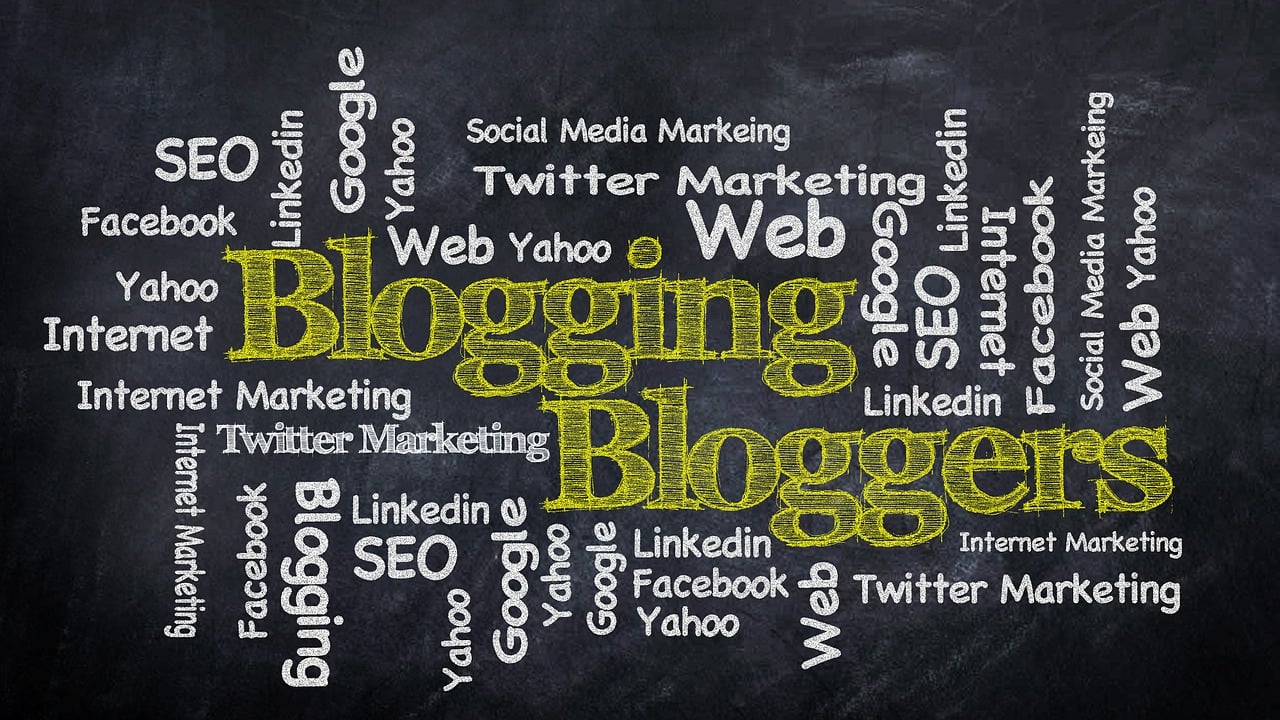Blogging: A Powerful Tool for Sharing Ideas and Building Community
Blogging has evolved from its early days as a simple means for individuals to share personal diaries and thoughts online to becoming a crucial medium for businesses, influencers, and anyone looking to reach a wide audience. In its most basic form, blogging is the act of writing content on a website in the form of posts or articles, which are typically displayed in reverse chronological order. However, beyond this simple definition lies a vast and diverse world of expression, education, marketing, and storytelling.
The History of Blogging
Blogging began in the late 1990s as a personal outlet where individuals could journal their experiences and share them with others online. One of the earliest known blogs was created by Justin Hall in 1994, and the term “weblog” was coined by Jorn Barger in 1997. Over time, as more people began sharing their thoughts and stories, this method of online expression grew in popularity. By the early 2000s, blogging platforms such as Blogger and WordPress emerged, allowing users without extensive technical knowledge to create and manage their own blogs.
As the internet became more accessible, and social media platforms gained traction, blogging evolved into something much more powerful. Today, it is not only a personal medium but also a professional and commercial tool used by individuals and businesses alike to connect with audiences.
Why People Blog
People blog for a variety of reasons, from personal to professional motivations:
1. Self-expression: For many, blogging is a way to share thoughts, experiences, opinions, and emotions with others. This can be about anything from travel adventures to personal struggles. Bloggers often find that writing helps them process their experiences, and sharing these stories can build a sense of connection with like-minded readers.
2. Building a personal brand: Many individuals use blogging as a tool to establish their authority in a particular field. For example, a fitness enthusiast may blog about exercise routines, healthy eating habits, and personal fitness experiences. Over time, this blog can help the individual build a reputation and even lead to opportunities for coaching, partnerships, or speaking engagements.
3. Educating and informing: Some blogs are focused on providing valuable information to readers. Whether it’s tips on how to start a business, tutorials on coding, or advice on managing mental health, informative blogs serve as a resource for readers looking for knowledge or answers.
4. Community building: Blogs allow people with similar interests to connect and interact. For example, hobbyists can share insights, professionals can network, and activists can organize around shared causes. The comment sections of blogs often foster conversations and debates, creating a space for dialogue and exchange of ideas.
5. Monetization: For some, blogging can turn into a profitable venture. Through methods such as affiliate marketing, sponsored posts, and advertisements, bloggers can generate income. Successful bloggers may even turn their platforms into full-time businesses, offering products, services, or paid subscriptions.
The Impact of Blogging on Business
Businesses quickly recognized the power of blogging as a marketing tool. In today’s digital landscape, having a blog is an essential part of a company’s content marketing strategy. Blogging allows businesses to showcase expertise, educate customers, and improve their visibility online.
By consistently publishing valuable, informative content, companies can build trust with their audience. For example, a tech company might maintain a blog filled with troubleshooting guides, industry trends, and product updates. When potential customers search for information on these topics, they may land on the company’s blog, providing the company with an opportunity to engage with new prospects.
Additionally, blogging plays a critical role in improving a website’s SEO (Search Engine Optimization). When businesses use relevant keywords in their blog posts, search engines like Google are more likely to rank their pages higher in search results, leading to increased traffic.
The Future of Blogging
As technology continues to evolve, so too does blogging. Today, blogs are more dynamic, often incorporating multimedia such as videos, podcasts, and infographics. Blogging platforms have become more sophisticated, making it easier for users to create aesthetically pleasing and interactive posts.
Social media platforms and video content have also influenced the blogging world, with many bloggers repurposing their content across multiple channels. Microblogging on platforms like Twitter or Instagram, where users share shorter snippets of content, has also become more common.
In conclusion, blogging is a versatile and influential medium that serves a wide range of purposes. Whether it’s a personal journal, a platform for professional growth, or a business marketing tool, blogs have the power to inform, entertain, and connect people. As the internet continues to evolve, blogging remains a fundamental way to share ideas and build community.
